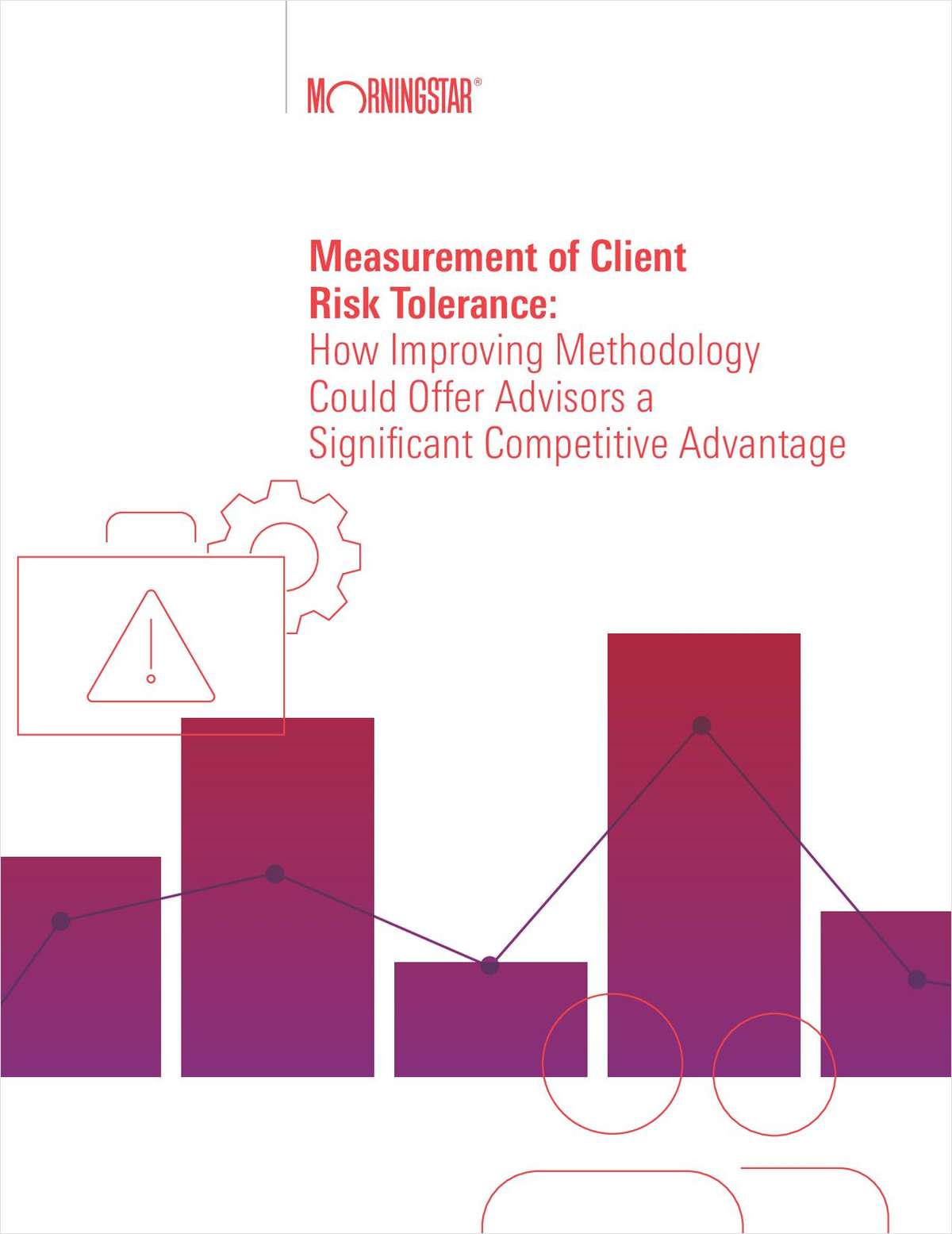 Limousine. Photo: BCFC/Shutterstock.com
Limousine. Photo: BCFC/Shutterstock.comConnecticut Employment Litigation Puts Spotlight on Lunch Breaks as Plaintiffs Get Class Certification
A Connecticut Superior Court judge has granted class certification for about 350 current and former limo drivers at Hy's Livery Service Inc.
April 27, 2020 at 02:12 PM
4 minute read
A state Superior Court judge has signed off on class certification for around 350 limousine drivers in Connecticut in a case that puts a spotlight on employers' policies regarding lunch breaks.
The litigants allege their employer deducted thousands from their pay checks for unpaid lunch breaks, which they were unable to take.
"This is just the fourth Superior Court decision in the state enforcing Connecticut wage laws," said plaintiffs counsel Michael Petela Jr. of Hartford-based Hayber, McKenna & Dinsmore.
The April 20 class certification ruling in Belgada v. Hy's Livery Service "is a good ruling for law employment attorneys, and the ruling in this case makes it more likely those attorneys can spot an issue related to wage-and-hour violations," Petela said.
Petela added: "This is a good ruling for law employment attorneys because it does something that's very rare and has happened only a few times in rulings in this state: it reaffirms that damages that are individualized are not an impediment to class certification and that's very unusual. It's a very rare occurrence and can only bode well for labor and employment attorneys moving forward."
The case relates to a motion for class certification on behalf of about 350 current and former limousine drivers for West Haven-based Hy's Livery Service.
Petela maintains the company never followed the rules of its own policy on lunch breaks that it put into effect Jan. 3, 2016.
The company's drivers, under the policy, signed an agreement that they'd get a one-hour unpaid lunch break where they were supposed to be relieved of duty. But, Petela said, the reality was there was no such lunch break given and the employees lost an hour's pay.
Instead, the company, Petela said, made it clear to its drivers they were not to take a lunch break. "They forced their drivers to stay with their assigned vehicles per the company's disciplinary policy. They were told they'd get an hour for lunch, but never did. It's really an hour of free labor for the company."
The state's minimum wage is $11 an hour and most of the livery services drivers earn between $11 and $12 an hour, Petela said.
In her ruling, Superior Court Judge Sheila Ozalis said the defense's arguments that there should not be a class action because each individual driver has their own set of issues and circumstances wasn't sufficient.
"The defendants argue that individual issues predominate because the plaintiffs are going to have to prove that each chauffeur worked during their meal breaks. … Courts have held that the individual consideration of damages does not bar certification of a class," the judge wrote. "The court will be able to use the employee time sheets, emails, logs, and select depositions to determine whether an employee should have had wages deducted or not."
Representing company owners Robert and Matthew Levine is attorney Glenn Duhl, a shareholder with the New Haven offices of Zangari Cohn Cuthbertson Duhl & Grello.
Duhl said Monday, "We do not comment on pending litigation, but I'm confident in the merits of our defense."
In court pleadings, the defense maintained the delivery service company provided a method for drivers to report they had worked through their lunch breaks, but that the employees failed to take advantage of the proper protocols.
The class includes about 200 former drivers and about 150 current drivers who have worked for the limousine company since Jan. 31, 2016.
Class certification means the case will proceed to trial, although Petela said he's open to settling the case.
"It all depends on what is on the table," said Petela, who noted the plaintiff side is in the process of "putting together what exactly the drivers are owed."
Related stories:
This content has been archived. It is available through our partners, LexisNexis® and Bloomberg Law.
To view this content, please continue to their sites.
Not a Lexis Subscriber?
Subscribe Now
Not a Bloomberg Law Subscriber?
Subscribe Now
NOT FOR REPRINT
© 2024 ALM Global, LLC, All Rights Reserved. Request academic re-use from www.copyright.com. All other uses, submit a request to [email protected]. For more information visit Asset & Logo Licensing.
You Might Like
View All
Read the Document: 'Google Must Divest Chrome,' DOJ Says, Proposing Remedies in Search Monopoly Case
3 minute read
Apple Asks Judge to 'Follow the Majority Practice' in Dismissing Patent Dispute Over Night Vision Technology

'Don't Be Afraid to Dumb It Down': Top Fed Magistrate Judge Gives Tips on Explaining Complex Discovery Disputes

State High Court Adopts Modern Standard for Who Keeps $70K Engagement Ring After Breakup
Trending Stories
- 1Topping Big Law, Litigation Firm the Latest to Dole Out Above-Market Bonuses
- 2On The Move: Moore & Van Allen Adds To C-Suite, Cadwalader Promotes Three In Charlotte
- 3Climate Protestors are Targeting A&O Shearman. Here's Why
- 4What Will Happen to U.S. Efforts Against Financial Secrecy and Corruption Under Trump’s Leadership?
- 5A Look Back at the Biggest Legal Industry Shifts in 2024
Who Got The Work
Michael G. Bongiorno, Andrew Scott Dulberg and Elizabeth E. Driscoll from Wilmer Cutler Pickering Hale and Dorr have stepped in to represent Symbotic Inc., an A.I.-enabled technology platform that focuses on increasing supply chain efficiency, and other defendants in a pending shareholder derivative lawsuit. The case, filed Oct. 2 in Massachusetts District Court by the Brown Law Firm on behalf of Stephen Austen, accuses certain officers and directors of misleading investors in regard to Symbotic's potential for margin growth by failing to disclose that the company was not equipped to timely deploy its systems or manage expenses through project delays. The case, assigned to U.S. District Judge Nathaniel M. Gorton, is 1:24-cv-12522, Austen v. Cohen et al.
Who Got The Work
Edmund Polubinski and Marie Killmond of Davis Polk & Wardwell have entered appearances for data platform software development company MongoDB and other defendants in a pending shareholder derivative lawsuit. The action, filed Oct. 7 in New York Southern District Court by the Brown Law Firm, accuses the company's directors and/or officers of falsely expressing confidence in the company’s restructuring of its sales incentive plan and downplaying the severity of decreases in its upfront commitments. The case is 1:24-cv-07594, Roy v. Ittycheria et al.
Who Got The Work
Amy O. Bruchs and Kurt F. Ellison of Michael Best & Friedrich have entered appearances for Epic Systems Corp. in a pending employment discrimination lawsuit. The suit was filed Sept. 7 in Wisconsin Western District Court by Levine Eisberner LLC and Siri & Glimstad on behalf of a project manager who claims that he was wrongfully terminated after applying for a religious exemption to the defendant's COVID-19 vaccine mandate. The case, assigned to U.S. Magistrate Judge Anita Marie Boor, is 3:24-cv-00630, Secker, Nathan v. Epic Systems Corporation.
Who Got The Work
David X. Sullivan, Thomas J. Finn and Gregory A. Hall from McCarter & English have entered appearances for Sunrun Installation Services in a pending civil rights lawsuit. The complaint was filed Sept. 4 in Connecticut District Court by attorney Robert M. Berke on behalf of former employee George Edward Steins, who was arrested and charged with employing an unregistered home improvement salesperson. The complaint alleges that had Sunrun informed the Connecticut Department of Consumer Protection that the plaintiff's employment had ended in 2017 and that he no longer held Sunrun's home improvement contractor license, he would not have been hit with charges, which were dismissed in May 2024. The case, assigned to U.S. District Judge Jeffrey A. Meyer, is 3:24-cv-01423, Steins v. Sunrun, Inc. et al.
Who Got The Work
Greenberg Traurig shareholder Joshua L. Raskin has entered an appearance for boohoo.com UK Ltd. in a pending patent infringement lawsuit. The suit, filed Sept. 3 in Texas Eastern District Court by Rozier Hardt McDonough on behalf of Alto Dynamics, asserts five patents related to an online shopping platform. The case, assigned to U.S. District Judge Rodney Gilstrap, is 2:24-cv-00719, Alto Dynamics, LLC v. boohoo.com UK Limited.
Featured Firms
Law Offices of Gary Martin Hays & Associates, P.C.
(470) 294-1674
Law Offices of Mark E. Salomone
(857) 444-6468
Smith & Hassler
(713) 739-1250










